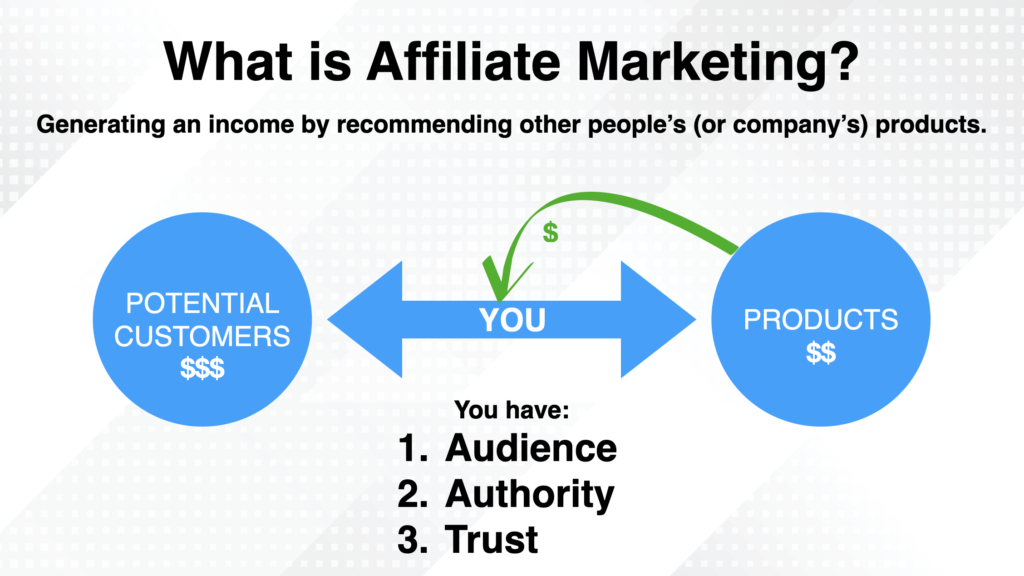Introduction:
Discover the revelations from a recent academic study conducted by researchers from Leipzig University, Bauhaus-Universität Weimar, and ScaDS.AI in Germany, shedding light on the challenges posed by highly-optimized (affiliate) content in search engine results. This in-depth analysis focuses on the impact of affiliate marketing on the quality of search results and explores potential solutions to enhance the overall search experience.
Section 1:
Embark on a comprehensive exploration of the profound insights unveiled in the study titled “Is Google Getting Worse? A Longitudinal Investigation of SEO Spam in Search Engines.” Conducted by a collaborative team from Leipzig University, Bauhaus-Universität Weimar, and ScaDS.AI in Germany, this research provides a nuanced perspective on the intricate challenges posed by highly-optimized (affiliate) content within the realm of search engine results.
 1.1 Methodology and Scope:
1.1 Methodology and Scope:
- Gain an understanding of the robust methodology employed by the researchers, which involved monitoring three major search engines—Google, Bing, and DuckDuckGo—for an extensive duration of one year.
- Delve into the specific focus on 7,392 product review queries, shedding light on the study’s intention to analyze the impact of SEO spam on a specific content category.
1.2 Affiliate Content Challenges:
- Uncover the core findings that bring to light the significant challenges encountered by search engines in dealing with highly-optimized (affiliate) content. The study identifies inherent issues that impact the overall quality of search results.
- Explore the researchers’ observations regarding the inability to predict the individual page rankings but a discernible trend indicating that higher-ranked pages tend to be more optimized, monetized through affiliate marketing, and exhibit signs of lower text quality.
1.3 Limitations and Critiques:
- Address critiques and limitations of the study, including its narrow focus on product reviews. Insightful commentary from Nazmul Hasan, founder and CEO of Microters, provides context to the study’s confined exploration of commerce-oriented content.
- Recognize the potential bias introduced by this limited scope and understand how it may influence the broader implications drawn from the study.
1.4 Google’s Perspective:
- Explore Google’s response to the study’s findings through a statement from spokesperson Ned Adriance. Understand Google’s acknowledgment of the study’s narrow focus while emphasizing the continuous efforts made to enhance search result quality.
- Assess Google’s specific improvements implemented in response to the identified challenges, gaining insights into the company’s commitment to addressing issues highlighted by the researchers.
1.5 Longitudinal Impact of Google’s Updates:
- Examine the researchers’ evaluation of changes made by search engine companies and their impact on the overall quality of search results. Gain a nuanced understanding of the longitudinal effects, with a specific focus on Google’s updates and their noticeable, albeit short-lived, influence.
- Acknowledge the researchers’ recognition of Google’s improvements in addressing affiliate spam and the associated challenges, while also acknowledging the persistent room for improvement.
In this comprehensive exploration of Section 1, unravel the intricate layers of the study’s methodology, findings, critiques, and industry perspectives, providing readers with a profound understanding of the nuanced dynamics surrounding SEO spam in contemporary search engine environments.
Section 2:
Critique and Counterarguments Addressing concerns about the study’s narrow focus on product reviews, industry experts offer insights. Nazmul Hasan, CEO of Microters, emphasizes the study’s limitation to commerce-oriented content and the potential bias introduced by this narrow scope. Google spokesperson Ned Adriance provides Google’s perspective, highlighting specific improvements made to address the identified issues.
 Section 3:
Section 3:
Google’s Response and Continuous Improvement Examine Google’s response to the study’s findings, emphasizing improvements made over the past year and asserting superiority compared to other search engines. Evaluate the effectiveness of Google’s updates in addressing affiliate spam and text quality issues while considering the researchers’ assertion that there is still room for improvement.
Section 4:
Quality Comparison with Other Search Engines Explore third-party research that compares Google’s search results with other search engines in terms of trustworthiness. Analyze findings that suggest Google outperforms competitors in delivering reliable search results and minimizing the prevalence of untrustworthy content.
Section 5:
Affiliate Marketing’s Impact on Content Quality Uncover the study’s revelation regarding the inverse relationship between affiliate marketing use and content complexity. Greg Sterling, co-founder of Near Media, provides insights into the motivations of affiliate marketers, emphasizing the drive for clicks over content quality and the potential implications for user experience.
 Section 6:
Section 6:
AI’s Contribution to Content Quality Challenges Examine the researchers’ observations on the increasing blur between benign content and spam, exacerbated by generative AI. Baruch Labunski, CEO of Rank Secure, highlights AI’s potential to lower text quality and increase spam, urging search engines to set new standards to counteract these challenges.
Section 7:
Vigilance and Solutions Understand the call for constant vigilance from search engines in adapting algorithms to combat evolving spam tactics. Greg Sterling advocates for a human editorial dimension, emphasizing the importance of platforms like Reddit in ensuring authentic results. Explore the ongoing challenges posed by low-quality content and the shift of users towards alternative platforms like TikTok and Reddit.
Conclusion:
Navigate through the complexities of affiliate marketing’s impact on search engine results, acknowledging the efforts made by search engines to address issues and the ongoing challenges in maintaining content quality. As the digital landscape evolves, the importance of vigilance, innovation, and user-centric search experiences becomes increasingly evident.
Read more: